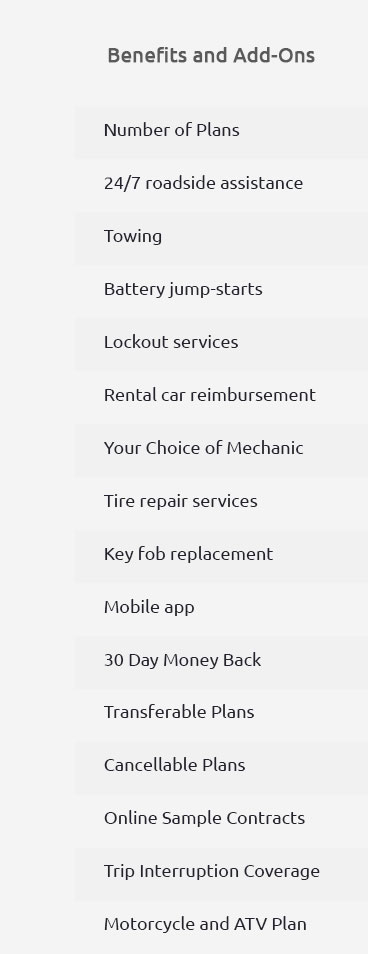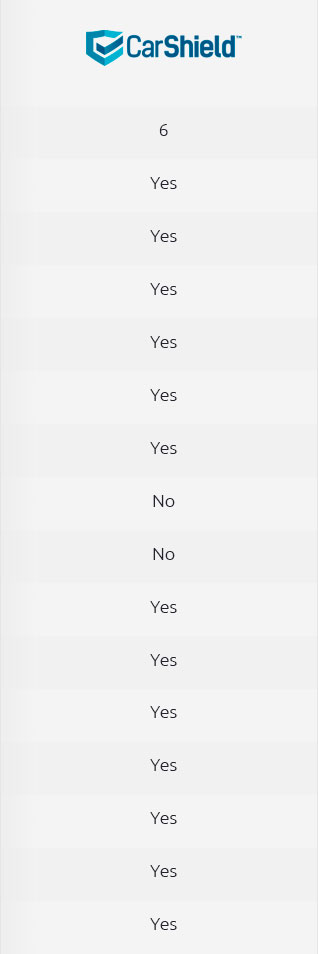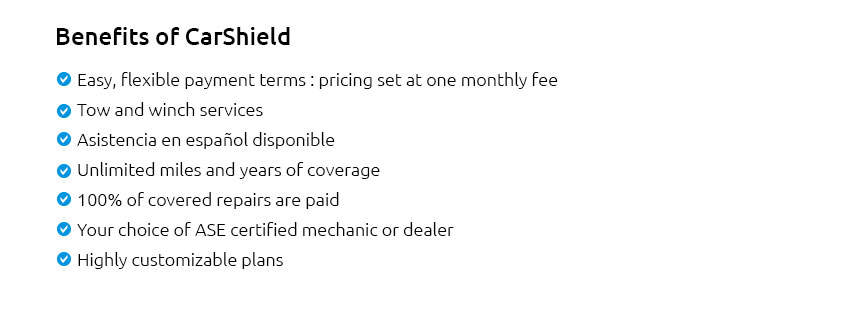 |
 |
 |
Select your vehicle to see available coverage options:
 |
 |
|||
 |
|||
 |
 |
 |
|
 |
|||
 |
|
 |
|
 |
|
 |
|
 |
|
 |
|
 |
|
 |
|

Drivetrain Warranty: Comprehensive Coverage GuideFor U.S. consumers exploring vehicle protection, understanding what a drivetrain warranty covers is crucial. Whether you're purchasing a new car or considering an extended warranty, knowing the ins and outs of drivetrain protection can provide peace of mind and significant cost savings. What is a Drivetrain Warranty?A drivetrain warranty covers essential components that deliver power to the wheels. These components include the engine, transmission, driveshaft, and differentials. In essence, it's the backbone of your vehicle's operation, making it vital for maintaining your car's performance and longevity. Benefits of a Drivetrain Warranty
What's Typically Covered?While coverage can vary between providers, most drivetrain warranties include:
It's important to read the fine print of your warranty agreement to understand any exclusions or limitations. Considering an Extended Warranty?If you're contemplating an extended warranty, you might want to explore options with the best extended warranty company for comprehensive coverage that goes beyond the basics. Extended warranties can offer additional peace of mind for components not typically covered under a standard drivetrain warranty. Factors Influencing CostsThe cost of a drivetrain warranty can be influenced by several factors:
For more personalized options, you can buy warranty for car tailored to your specific needs and budget. FAQsWhat is the difference between a drivetrain warranty and a powertrain warranty?While both cover major components, a powertrain warranty includes additional parts like the turbocharger and supercharger, if applicable. A drivetrain warranty is more limited to components that deliver power to the wheels. Are drivetrain warranties worth it for used cars?Yes, especially if the vehicle has high mileage or if you're purchasing from a region like California where driving conditions can put extra stress on a vehicle's drivetrain. Can I transfer my drivetrain warranty if I sell my car?Many drivetrain warranties are transferable to new owners, which can enhance the car's resale value. Always check the specific terms of your warranty agreement. By understanding and leveraging drivetrain warranties, U.S. consumers can enjoy enhanced peace of mind and financial protection for their vehicles. https://www.carchex.com/content/drivetrain-warranty/
A drivetrain vehicle protection plan covers parts like the transmission, driveshaft, and axle shafts. Learn more about the drivetrain and ... https://www.consumeraffairs.com/automotive/what-is-a-drivetrain-warranty.html
A drivetrain warranty is a type of extended warranty that can cover the cost of fixing the parts in your car responsible for transferring power from your ... https://www.endurancewarranty.com/learning-center/company-resources/what-is-a-drivetrain-warranty/
A drivetrain warranty focuses on the parts of your car that transfer that power to the driving wheels, transmission, driveshaft, and axles.
|